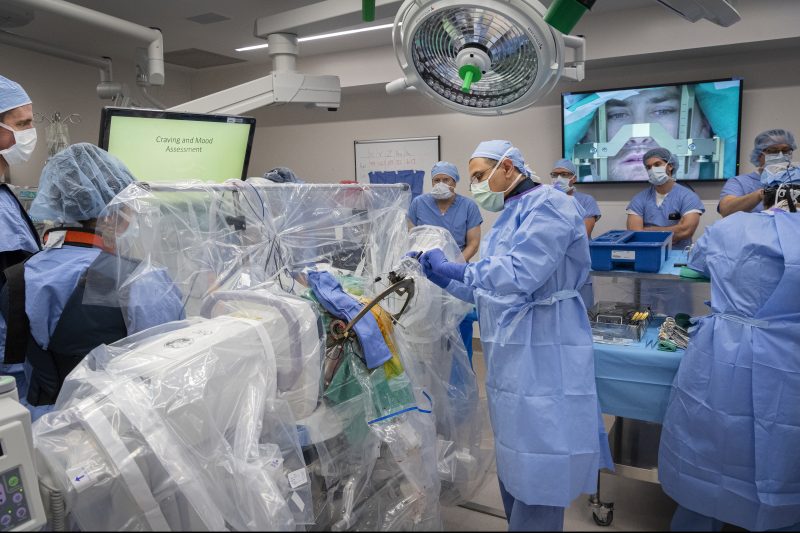Deep Brain Stimulators Provide Addiction Treatment of Last Resort
When China began doing brain implants to help opioid-addicted patients to cope with cravings, it sounded more like a science fiction plot than a viable solution. Now an American university is studying the same approach, which includes treatment for alcoholics as well as drug addicts.
According to a story in The Washington Post, Ali Rezai, executive chairman of the West Virginia University Rockefeller Neuroscience Institute, implanted a deep brain stimulator in a 33-year-old hotel worker who hadn’t been able to stay sober for more than four months in an 18-year period. The stimulators are typically used to treat serious diseases and disorders, such as dystonia, epilepsy, obsessive-compulsive disorder and depression.
“By sending a pulsed current through the electrodes, doctors believe they can regulate an imbalance in Buckhalter’s reward circuitry. The intervention also may prevent his condition from worsening, Rezai said. Under normal circumstances, his cravings might continue to become stronger, he said.”
China and Holland have used brain implants to treat opioid use disorder, according to Helen S. Mayberg, director of the Center of Advanced Circuit Therapeutics at Mount Sinai Medical Center’s Icahn School of Medicine. The first effort in the U.S. is being partially funded by the National Institute on Drug Abuse (NIDA) and gained approval from the U.S. Food and Drug Administration.
Patients in other countries have reported that they are able to focus on other things, besides drugs or alcohol.
According to a story on futurism.com, Dr. Rezai is testing the implants on four patients initially.
“This treatment is for those who have failed every other treatment, whether that is medicine, behavioral therapy, social interventions,” the surgeon told BBC News. “It is a very rigorous trial with oversight from ethicists and regulators and many other governing bodies.”
West Virginia has the highest age-adjusted rate of drug overdose deaths involving opioids in the United States. The National Institute on Drug Abuse reported that in 2017, 49.6 per 100,000 people died of overdoses. According to the U.S. Centers for Disease Control and Prevention, more than 500,000 Americans died of drug overdoses in the decade ending in 2017.








Leave A Comment